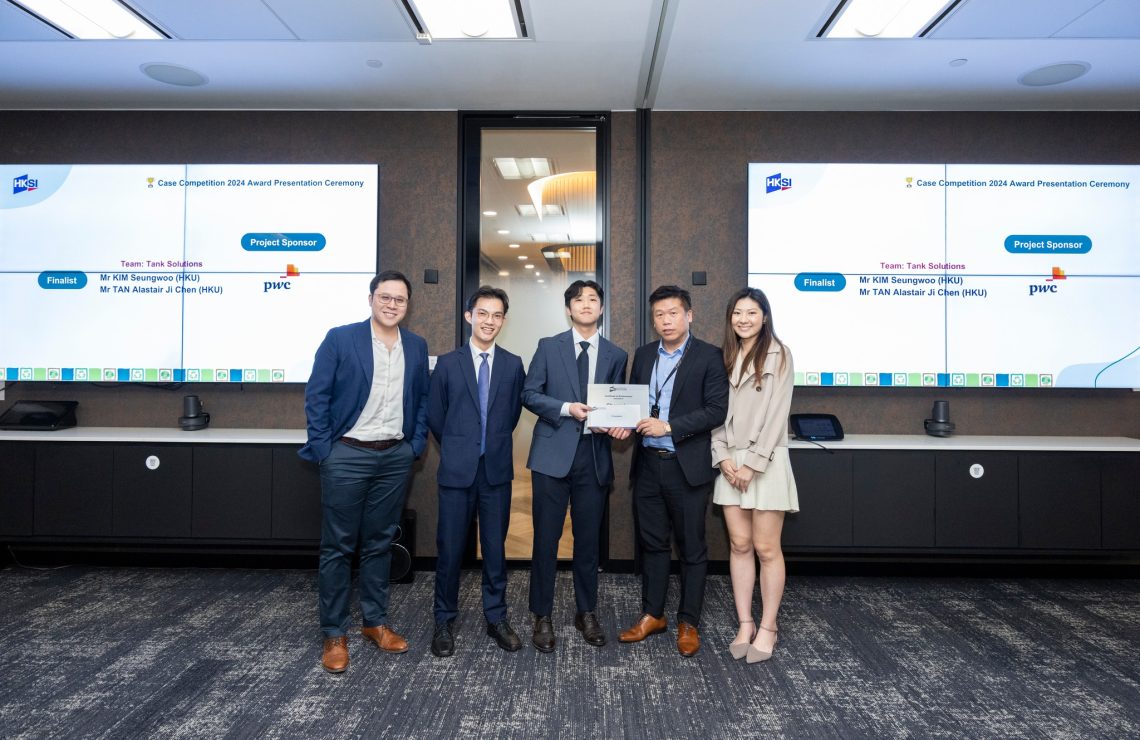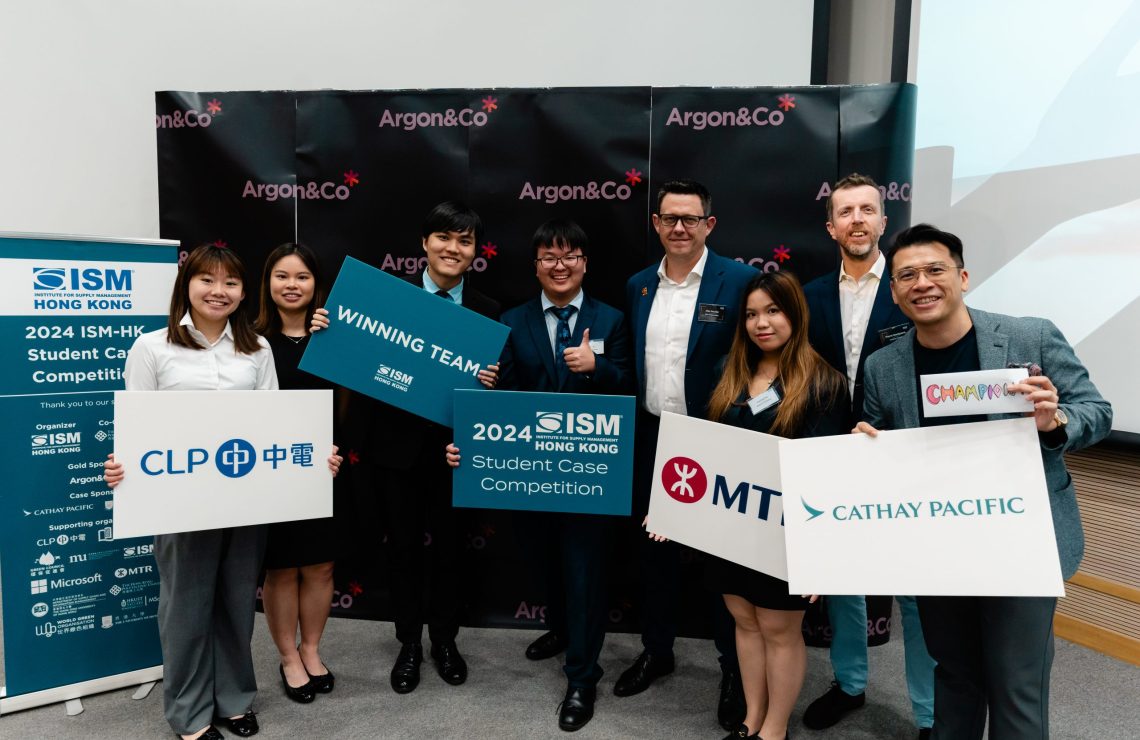Take Things as They Come: Dr. Xiang FANG
From Literature to Finance
How Dr. Fang becomes a scholar in finance is a tortuous path. While Dr. Fang is interested in literature and history, life had cracked a joke to him by making his dream university admitting only non-arts stream students from his home town that year. As economics is relatively close to his interests, Dr. Fang has become a business student. This has turned out to be a wise choice, as it enables Dr. Fang to meet up with his mentor, Professor Lu Ming down the road.
‘Professor Lu Ming is a very passionate scholar. Interacting with him has stimulated me intellectually. He has a strong power to encourage people to follow his footsteps. That is why I would want to become a scholar.’
In addition to the influence of his mentor, the academic culture of his Alma Mater has encouraged intensive and fruitful discussions on the macroeconomic issues and structural problems of the Chinese economy. Dipped in a hotpot of knowledge for 4 years has eventually transformed Dr. Fang into an enthusiast of knowledge creation.
When asked whether he has thought of venturing to the private sector someday, Dr. Fang believed that academia has a better fit with him. Being a scholar is free. The academia grants you full liberty in choosing your research topic. It is something the private sector could hardly offer.
The puzzling exchange rates
The exchange rate is a heated topic in the press almost every day. While it draws attention from all sections of the society, we are still far from understanding of exchange rate movements thoroughly. It appears to be related to everything but at the same time, it seems to move on its own—disconnected from most fundamental variables we can think of.
Newcomers in the realm of research are always preying eyes on puzzling questions. The first research paper produced by Dr. Fang is to investigate the relationship between financial intermediaries and the exchange rate. Dr. Fang observes that the institutions are dominantly involved in the foreign exchange. These institutions are different from what traditional literature described as representative agents. Different institutions have their own behavioral patterns and they are subject to their own constraints. How these diverse institutions impact the exchange rates is something Dr. Fang really interested in.
Preferences for real-world research
As a researcher specialized in macroeconomics and finance, Dr. Fang has been paying attention to news featuring changes in the financial markets. Dr. Fang points out that as scholars research real-life issues, their research focus should also change flexibly in tandem with the real world. He has strong interests to interact with market participants, policymakers and regulators on how they think and view the market. These will be valuable experiences for him as a scholar and as a curious person. Meanwhile, he wishes to contribute his wisdom to society through these interactions.
Learn naturally, teach naturally
Despite Dr. Fang will only start teaching in the second semester, he is no stranger to pedagogy. When Dr. Fang was studying his PhD in the US, he had been a teaching assistant responsible for small class sessions that encompassed more than 90 students. Dr. Fang considered in-class activities fun and interactive.
Unlike secondary school where the teachers will keep pursuing you to hand in your assignments in time, the University gives students free reigns over themselves on resource allocation. There is no right or wrong on how one decides to spend their time but the key is to know what you want in life. The 4 years of undergraduate studies are the best period to fathom your future. Believing that your life is your own, Dr. Fang prefers to encourage the students to find their own path.
How to excel in undergraduate and postgraduate studies
Being good in an undergraduate does not necessarily mean that you are fit to be a researcher. Postgraduate research focuses on a very narrow topic for you to dig deep. Unlike undergraduate, studying postgraduate research allows you to read a wide range of literature and communicate with all the great minds. Dr. Fang observes that a lot of high performing undergraduates often cannot bear the boredom of performing repetitive and monotone tasks, such as drawing all the possible variations of an economic model you developed and dealing with tedious data details.
In addition, the research could be painful, long, and lonely. Sometimes not even your adviser can help you as you are the pioneer in that particular subject. Therefore, it is important to find someone to work with, or at least have someone to talk to in order to reduce the loneliness. Dr. Fang also stresses that failure is often. While sometimes you can turn failures into success, sometimes you cannot. If you cannot reverse the situation then let it, it is already a sunk cost. Failure and success cannot be compared on equal but it is definitely a part of life. No man can escape and should escape from failure. All we have to do is to maintain a peace of mind.
What to do After Getting Your Grad Job?
Dr. Fang believes that while different people make very different choices in career paths and lifestyles, fresh grads should always keep learning and educating themselves as it is beneficial in the long run.
Dr. Fang emphasizes that we are living in a world of great changes and knowledge evolves so quickly. What students learn in universities can grow out of date quickly, but the ability and desire of lifelong learning are what really keep them with or even ahead of the rapid changes. After all, knowledge insignificant today may be useful and important in the future.”
Way forward
Been through the process of postgrad and undergrad, Dr. Fang greatly understands the difficulties students are facing. Therefore, joining HKU, Dr. Fang aims to utilize his experience and give a hand to students at all levels. In terms of research, Dr. Fang hopes that he could contribute to the community and tries his best to produce quality research.







